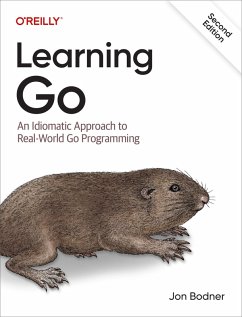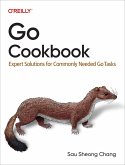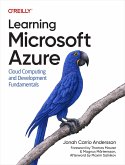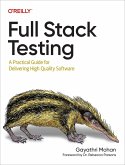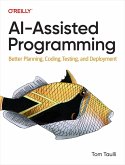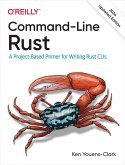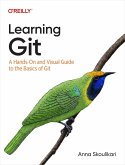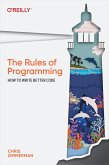Go has rapidly become the preferred language for building web services. Plenty of tutorials are available to teach Go's syntax to developers with experience in other programming languages, but tutorials aren't enough. They don't teach Go's idioms, so developers end up recreating patterns that don't make sense in a Go context. This practical guide provides the essential background you need to write clear and idiomatic Go.No matter your level of experience, you'll learn how to think like a Go developer. Author Jon Bodner introduces the design patterns experienced Go developers have adopted and explores the rationale for using them. This updated edition also shows you how Go's generics support fits into the language.This book helps you:Write idiomatic code in Go and design a Go projectUnderstand the reasons behind Go's design decisionsSet up a Go development environment for a solo developer or teamLearn how and when to use reflection, unsafe, and cgoDiscover how Go's features allow the language to run efficientlyKnow which Go features you should use sparingly or not at allUse Go's tools to improve performance, optimize memory usage, and reduce garbage collectionLearn how to use Go's advanced development tools
Dieser Download kann aus rechtlichen Gründen nur mit Rechnungsadresse in A, B, BG, CY, CZ, D, DK, EW, E, FIN, F, GR, HR, H, IRL, I, LT, L, LR, M, NL, PL, P, R, S, SLO, SK ausgeliefert werden.

